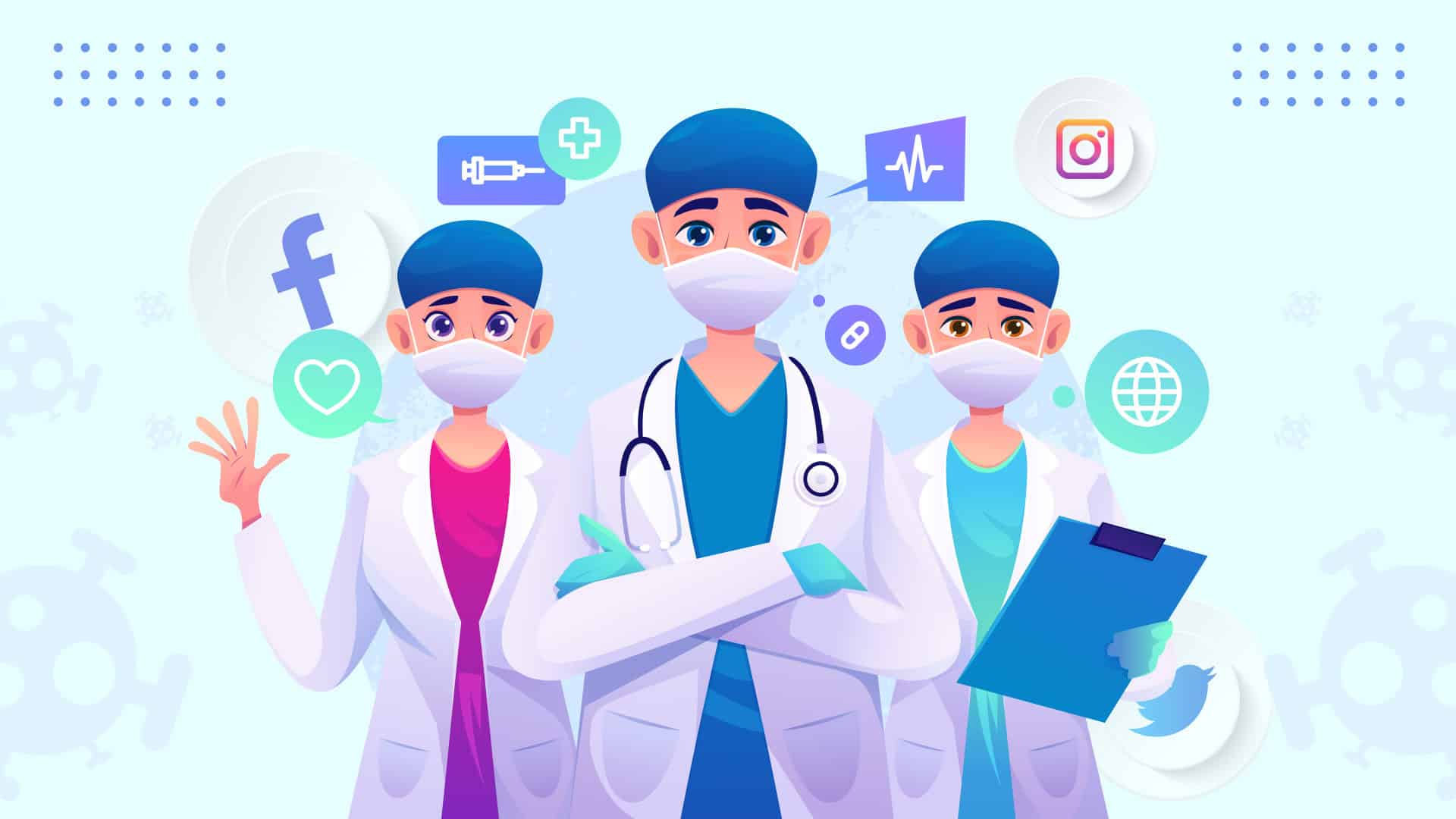Top Soft Skills Every Doctor Needs Beyond Clinical Knowledge

As a doctor, your clinical expertise and medical knowledge are undoubtedly critical to providing excellent patient care. However, there is a growing recognition that successful doctors require a diverse set of soft skills beyond just their technical acumen. These interpersonal and leadership abilities can have a profound impact on patient outcomes, team dynamics, and overall career success.

In this article, we will explore the key soft skills that every doctor should strive to develop and hone throughout their career. While clinical mastery remains the foundation, these supplementary skills can set great doctors apart from good ones.
-
Effective Communication
Strong communication skills are arguably the most essential soft skill for doctors. The ability to listen actively, explain complex medical concepts in plain language, and foster open dialogue with patients is crucial for building trust, getting accurate information, and ensuring treatment compliance.
Doctors must be able to:
– Speak clearly and concisely, avoiding jargon
– Use open-ended questions to encourage patients to share their concerns
– Actively listen and reflect back key points to demonstrate understanding
– Adapt their communication style to each patient’s needs and preferences
– Break down treatment plans and next steps in an easy-to-understand manner
– Deliver difficult news or diagnoses with empathy and sensitivity
Effective communication also extends to interactions with colleagues, such as nurses, specialists, and administrative staff. Doctors who can articulate their needs, collaborate productively, and provide clear instructions tend to have smoother workflows and better patient outcomes.
-
Empathy and Emotional Intelligence
Delivering high-quality medical care is about more than just technical proficiency. Patients are seeking doctors who can connect with them on an emotional level, demonstrating genuine care and concern for their well-being.
Empathy – the ability to understand and share the feelings of others – is a vital soft skill for doctors. Empathetic physicians are better able to:
– Put themselves in the patient’s shoes to understand their perspectives and fears
– Provide emotional support and comfort during stressful or traumatic situations
– Build trust and rapport, encouraging patients to be more honest and engaged
– Tailor their bedside manner and communication style to each individual
Emotional intelligence (EQ) – the capacity to recognise, understand, manage, and reason with emotions – is closely tied to empathy. Doctors with high EQ are adept at:
– Recognising their own emotional states and how they may impact their interactions
– Regulating their emotions to maintain composure and professionalism under pressure
– Picking up on and responding appropriately to the emotional cues of patients and colleagues
Developing empathy and emotional intelligence not only benefits patients but can also help doctors avoid burnout, improve teamwork, and enhance their overall job satisfaction.
-
Time Management and Organisational Skills
The daily schedule of a doctor is often packed with back-to-back patient appointments, administrative tasks, on-call responsibilities, and professional development activities. Effective time management and organisational skills are essential for navigating this demanding workload.
Doctors who excel in this area are able to:
– Prioritise tasks and responsibilities based on urgency and importance
– Delegate appropriate duties to other members of the healthcare team
– Utilise productivity tools and techniques to stay on top of deadlines and commitments
– Minimise disruptions and distractions to maintain focus during patient interactions
– Create efficient workflows and systems for managing patient records, test results, and referrals
Strong organisational skills also enable doctors to provide a better patient experience. When doctors can see patients on time, access relevant medical information quickly, and follow up promptly, it demonstrates professionalism and care.
-
Leadership and Teamwork
While doctors are often the leaders of their medical teams, leadership is not solely about authority and command. Effective leadership in healthcare also requires the ability to inspire, motivate, and collaborate.
Doctors who exhibit strong leadership skills are able to:
– Clearly articulate a vision and strategic direction for their team or department
– Empower and delegate to other members of the healthcare team
– Provide constructive feedback and coaching to help team members grow
– Resolve conflicts and facilitate productive discussions
– Advocate for their patients and the broader healthcare system
In addition to leading, doctors must also be skilled team players. The complexity of modern medicine requires doctors to work closely with nurses, specialists, pharmacists, and other professionals. Doctors who can communicate effectively, share information transparently, and contribute their expertise as part of an interdisciplinary team tend to deliver better patient care.
-
Adaptability and Continuous Learning
The field of medicine is constantly evolving, with new research, technologies, and best practices emerging at a rapid pace. Doctors who can adapt to change and commit to lifelong learning are better equipped to provide the highest standard of care.
Adaptable doctors are able to:
– Remain open-minded and receptive to new ideas, techniques, and approaches
– Quickly acquire new knowledge and skills to meet the changing needs of their patients
– Embrace uncertainty and be comfortable making decisions with incomplete information
– Pivot their strategies and workflows as necessary to address challenges and obstacles
Continuous learning is not just a soft skill but an ethical obligation for doctors. Maintaining certifications, attending conferences, reading medical journals, and engaging in other professional development activities help doctors stay current and provide the most up-to-date, evidence-based care.
Conclusion
While clinical expertise will always be the foundation of excellent medical care, the soft skills explored in this article can truly elevate a good doctor into a great one. By developing strengths in communication, empathy, time management, leadership, and adaptability, doctors can foster stronger relationships with patients, work more effectively within healthcare teams, and ultimately improve patient outcomes.
As you progress through your medical career, make a conscious effort to nurture these essential soft skills alongside your clinical knowledge. The investment will pay dividends in terms of your professional growth, job satisfaction, and ability to make a meaningful difference in the lives of your patients.



